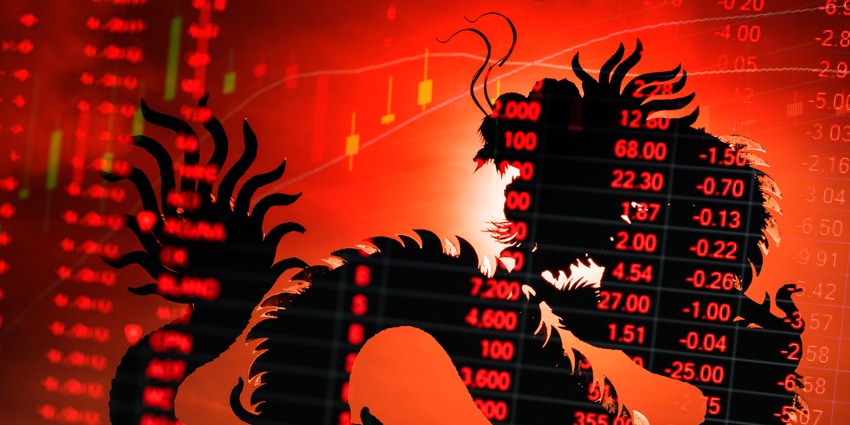The prominent role of the U.S. as the sole and dominant force in the global financial system is changing. The trade conflict with China under former U.S. President Donald Trump in 2018 and the outbreak of the COVID-19 pandemic have shrunk the focus on the U.S. in global financial markets. At the same time, China is establishing itself as the second key market power shaping the pace in global financial centers. The Ukraine war and the ongoing energy crisis are, even more, fostering versus a bipolar or a multipolar world.
This is the analysis carried out by an international team of researchers in a working paper published by the Leibniz Institute for Financial Research SAFE based on minute-by-minute stock market trading data. “Our analysis shows that the U.S. has lost its global edge in the past years,” says Loriana Pelizzon, Director of SAFE’s Financial Markets Research Department and one of the paper’s authors. “Starting from 2015, other countries emerge to take leading roles, the probability of new central positions in the network increases, and China on several occasions appears as the new central authority.”
Together with Monica Billio of the Ca’ Foscari University of Venice, Andrew W. Lo of the Massachusetts Institute of Technology, Mila Getmansky Sherman of the University of Massachusetts at Amherst, and Abalfazl Zareei of Stockholm University, Pelizzon analyzed minute-by-minute returns from the world's largest exchange, the New York Stock Exchange (NYSE), from 2012 to 2020 on twelve country-specific exchange-traded funds (ETFs). “Using high-frequency data, we are able to establish the picture of the whole network defining the global financial system at any given moment. We can thus visualize the system’s response to ‘innovations’ such as trade wars, Covid-19, and other outbreaks allowing a deeper insight on global dynamics,” adds SAFE Fellow Monica Billio.
Europe’s financial markets lack the counterweight
The results show that China, with the introduction of U.S. tariffs on Chinese imports in spring 2018, has taken at least an equal position with the U.S. as an economic power. This development was further reinforced by the beginning of the COVID-19 pandemic in spring 2020. With both political and epidemiological phenomena, European countries also became more financially central, especially during the pandemic. In addition to the U.S. and China, the sample included the high-frequency data of ETFs from Australia, Canada, France, Germany, Italy, Japan, the Netherlands, Sweden, Switzerland, and the United Kingdom. “As a financial center, however, Europe is so fragmented that it is no counterweight to the newly emerging duopoly between the U.S. and China,” Pelizzon and Billio say.
The researchers emphasize that the centrality of China is a recent phenomenon and may be transient, but it is certainly evolving with the current energy crisis outbreak. Thus, time will tell whether the global financial system is becoming bipolar of multipolar and the role of U.S. in global financial dynamics.
“It is troublesome, however, that one of the first indications of a newly bipolar financial system coincided with the strained relationship between the U.S. and China, at a time when scientific collaboration between the nations was especially needed to fight the pandemic. The current situation reinforces worries and the need to deeper analysis to see if the ‘Thucydides trap’, i.e., the tendency towards conflicts when an emerging power threatens to displace an existing international hegemon, can be prevented. As we move from a unipolar world to a bipolar or multipolar one, it would be important to prevent further escalation of tension. We as individuals and countries need to adapt to a changing reality of global realignments in the post-COVID world”, the researchers state.
Download SAFE Working Paper No. 304


